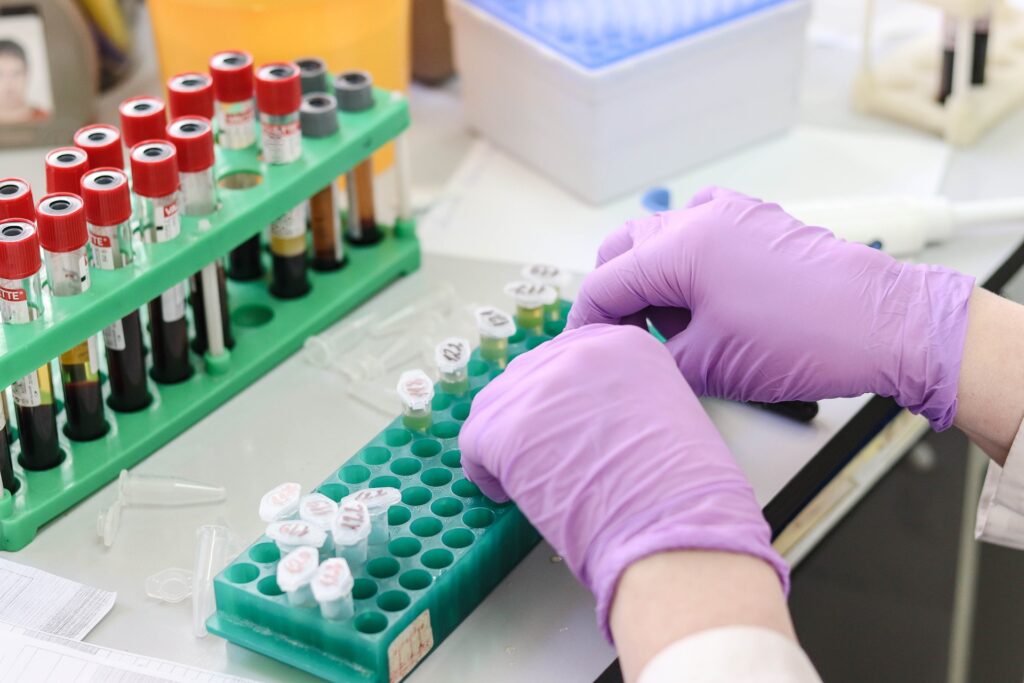Best Treatment Strategies for Diabetics;
Managing diabetes effectively requires a comprehensive approach that combines lifestyle changes, medication, and regular monitoring.

Let’s Understand Diabetes
Diabetes is a chronic condition that affects how your body turns food into energy. There are two main types:
- Type 1 Diabetes: The body does not produce insulin.
- Type 2 Diabetes: The body does not use insulin properly.
Key Treatment Strategies
1. Healthy Eating
Eating a balanced diet is crucial for managing diabetes. Here are some tips:
- Choose Whole Foods: Focus on fruits, vegetables, whole grains, lean proteins, and healthy fats.
- Monitor Carbohydrate Intake: Carbs have the most significant impact on blood sugar levels. Count carbs and aim for complex carbs like whole grains and legumes.
- Eat Regularly: Have consistent meal times to keep blood sugar levels stable.
2. Regular Exercise
Physical activity helps manage blood sugar levels and improve overall health.
- Aim for at Least 150 Minutes of Moderate Exercise per Week: Activities like walking, cycling, or swimming are great choices.
- Include Strength Training: At least two days a week to build muscle and improve insulin sensitivity.
- Stay Active Throughout the Day: Avoid prolonged sitting by taking short walks or standing up regularly.
3. Medication and Insulin Therapy
For many diabetics, medication or insulin therapy is necessary.
- Oral Medications: Used primarily for Type 2 diabetes to help the body use insulin more effectively or produce more insulin like metformin.
- Insulin Therapy: Essential for Type 1 diabetes and sometimes needed for Type 2 diabetes. There are various types of insulin that differ in how quickly they work and how long they last.
- Regular Monitoring: Work with your healthcare provider to adjust doses based on blood sugar readings.
4. Monitoring Blood Sugar Levels
Keeping track of your blood sugar levels is essential.
- Use a Glucose Meter: Regularly check your blood sugar levels as advised by your healthcare provider.
- Continuous Glucose Monitoring (CGM): Provides real-time data and trends about your blood sugar levels.
5. Stress Management
Stress can affect blood sugar levels, so managing it is crucial.
- Practice Relaxation Techniques: Yoga, meditation, and deep breathing can help reduce stress.
- Maintain a Healthy Work-Life Balance: Ensure you have time for relaxation and hobbies.
6. Regular Check-ups
Routine medical appointments are vital for monitoring your health.
- Annual Eye Exams: To check for diabetic retinopathy.
- Foot Exams: To prevent complications from nerve damage.
- Regular Blood Tests: To monitor A1C levels and kidney function.
Conclusion
Managing diabetes effectively involves a combination of healthy eating, regular exercise, medication, and regular monitoring. By adopting these strategies, you can maintain better control of your blood sugar levels and improve your overall health. Remember to work closely with your healthcare provider to tailor a plan that fits your specific needs.
Read more:
- Health benefits of Ashwagandha
- Best Treatment Strategies for Diabetics

